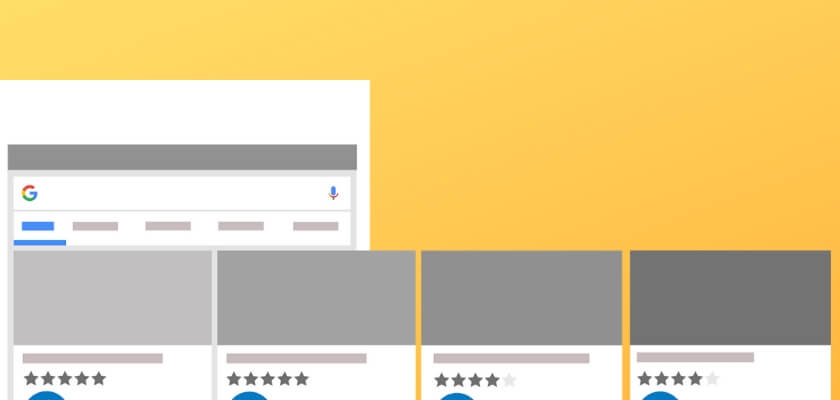Google has moved to quietly erase evidence of its involvement from URLs of those websites that implement the company’s Accelerated Mobile Pages (AMP) technology.
Instead of showing “https//google.com/amp” in URLs reached through Google’s mobile search that deploy AMP, users will now see “real URLs” – TechChrunch is reporting.
The change is mostly cosmetic, though, as AMP will continue to host content on Google’s cache servers – or alternatively, that of “other companies” such as Google’s partners Cloudflare. This obfuscation of the URL is bad news for those who want to know when and where they exit the open internet and enter Google’s ad empire built squarely on tracking and data harvesting.

With this AMP update – that has been over a year in the making – Google said it wanted to address one of the criticisms of the technology, namely, AMP stripping publishers of their brand identity by adding its URL to theirs.
The stated reason behind AMP, however, is to make the world, or at least the web, a better place by speeding up page load times on mobile – a goal achieved here with Google’s own version of HTML, and cache servers. Since the launch in 2015, AMP has been widely, if grudgingly adopted by online media, but remains controversial as ultimately Google’s attempt at lock-in and control of the way content is published online, with the goal of providing the company with more opportunities to monetize through advertising.
AMP is not much different from similar offerings by major players like Facebook and its Instant Articles, or the recently launched Apple News+ – either when it comes to its mission statement, or in the criticism leveled at it.
But there has been another prominent criticism of AMP: the sheer amount of work it adds for those who implement it, not least around the analytics segment. More bad news from this update is that websites will have to put in even more effort: this time to publish both signed and unsigned pages, in order to work around browsers rejecting pages with scripts that come from any place other than the original publisher.
If you're tired of censorship and dystopian threats against civil liberties, subscribe to Reclaim The Net.









